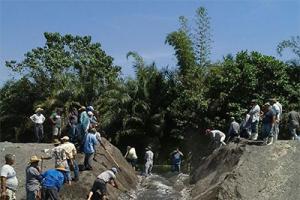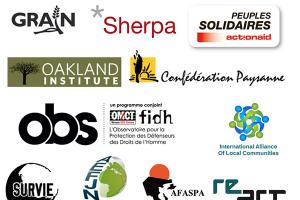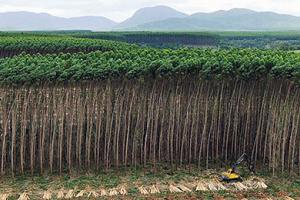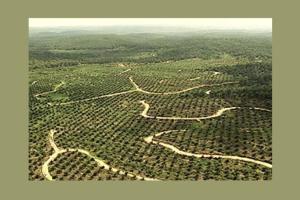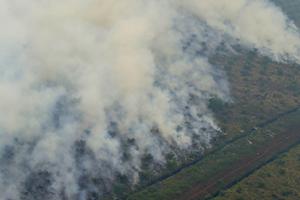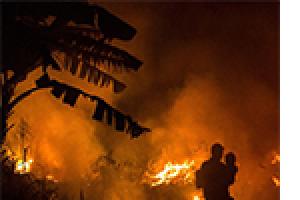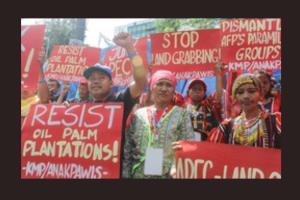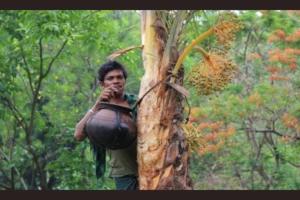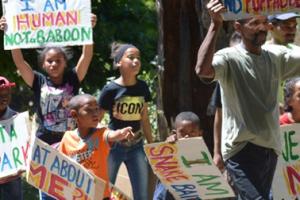A report by Corporate Europe Observatory reveals how the biotech industry is trying to shape rules to allow the entry of new technologies for genetically modified organisms (GMOs). The industry has revived the discourse it used 20 years ago to pave the way for new genetic engineering techniques, and it has launched a European-level lobby with the goal of getting as many techniques as possible excluded from European Union regulation.
Large-Scale Tree Plantations
Industrial tree plantations are large-scale, intensively managed, even-aged monocultures, involving vast areas of fertile land under the control of plantation companies. Management of plantations involves the use of huge amounts of water as well as agrochemicals—which harm humans, and plants and animals in the plantations and surrounding areas.
Other information
9 March 2016
Dear sisters, friends, activists and fellow fighters,
In recent days, the world has been getting ready to celebrate the 8thof March, International Women’s Day, a date that is commemorated all over the world by unions, organisations, women’s groups, and more, many of whom are unaware of the day’s socialist origins that pay tribute to the women who died trapped in a factory fire where they were working in the United States.
Other information
16 February 2016
On February 9th and 11th, 2016, over 200 residents of Nueva Concepción, Escuintla, Guatemala, held an action that was historic for their municipality and for many peoples; they freed the Madre Vieja River from several dams that were diverting its water toward oil palm and sugar cane plantations.
Other information
10 February 2016
10 February 2016 | Press release - A day before the start of yet another trial brought on the Bolloré Group against French journalists, organisations denounce the imprisonment of six local community leaders affected by the investments of Socfin Agricultural Company Sierra Leone Ltd (SAC)[1], a subsidiary of Socfin, linked to Bolloré.
Other information
5 February 2016
A report by some of the Friends of the Earth groups shows how some of the fires that affected Indonesia’s forests in the last months can be traced to companies that supply or are owned by Wilmar International, a company that spurred a dramatic wave of sustainability pledges in the palm oil sector in December 2013. Despite new evidence that the company violates its own ‘no deforestation’ policies, this report sustains how major U.S.
Bulletin articles
5 February 2016
Bulletin articles
11 December 2015
The Scale of Disaster
Other information
11 December 2015
An article from “The Guardian” highlights how despite fire raging across over 5,000 km in Indonesia, the media “dominated by corporate press releases, photo ops and fashion shoots” is not paying attention. This catastrophe is having severe effects on many levels. Children are being prepared for evacuation on warships. Populations of species, including threatened species, are going up in smoke at an untold rate.
Other information
11 December 2015
In early November, a gathering of peasants and indigenous peoples from Mindanao, Bohol and Palawan, denounced the government’s plan to devote eight million hectares of land to oil palm by 2023. Oil palm plantations in the Philippines cover almost 55,000 hectares. The Philippine Coconut Authority’s (PCA) 2014 to 2023 road map has identified about a million hectares for potential oil palm farms.
Other information
11 December 2015
The Indian government is producing many proposals to make more profit from the country’s forests. These include wider application of their huge Compensatory Afforestation Fund and private leasing plans.
Bulletin articles
11 December 2015


